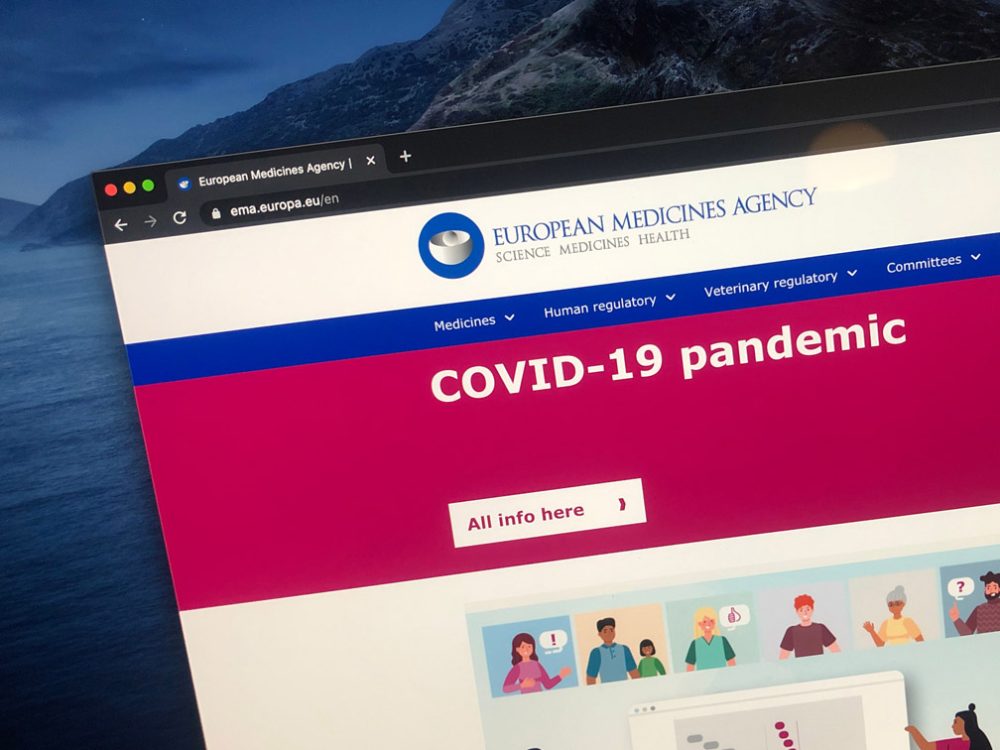Advertisment
EMA to revamp Emergency Task Force

The European Medicines Agency (EMA) was praised for its contribution to the EU’s pandemic response, as the agency took steps to review the role of its Emergency Task Force. While it will conclude any ongoing rolling reviews of COVID-19 products, the composition of the group will be revised to ensure it can respond effectively to future pandemics.
At a meeting of the EMA Management Board in Amsterdam on 7 and 8 June, the first since the World Health Organization (WHO) declared that COVID-19 was no longer a ‘global health emergency’, the focus was on the regulator’s role in medicines regulation in the post-pandemic period.
The EMA’s Medicine Shortages Steering Group, or MSSG, which was set up during the crisis to ensure a robust response to medicines supply in public health emergencies, will continue to monitor activities for shortage-related issues, although the forecasting of demand and supply of critical COVID-19 medicines will end.
The EMA Board recognised that although 2022 was another challenging year for EMA due to the COVID-19 pandemic, the Agency had managed to maintain the ‘high quality of its core operations and to further develop, adapt and streamline its regulatory processes’. Achievements highlighted include EMA’s activities in the global fight against antimicrobial resistance and its contributions to the EU’s Beating Cancer Plan.
‘The pandemic put a great deal of stress on the entire medicines regulatory system, but overall was a success story for EMA, the CHMP and the system,’ said Harald Enzmann, chair of EMA’s Human Medicines Committee (CHMP).
‘We faced unprecedented scientific and procedural challenges which we overcame with our three great successes – the scientific quality of our opinions, the speed of our procedures and professional communication. He said the approved treatments and vaccines played a crucial role in the global fight against COVID-19.
The CHMP chair flagged artificial intelligence (AI), real-world data and real-world evidence as crucial tools that will be increasingly used in the regulatory landscape to support the development, authorisation and supervision of medicines in Europe.
Also at the meeting, the European Commission presented its legal proposals to change the pharmaceutical legislation which aim to make the EU regulatory framework fit for innovative medicines, support greater access to medicines for patients, and better address major public health challenges.





